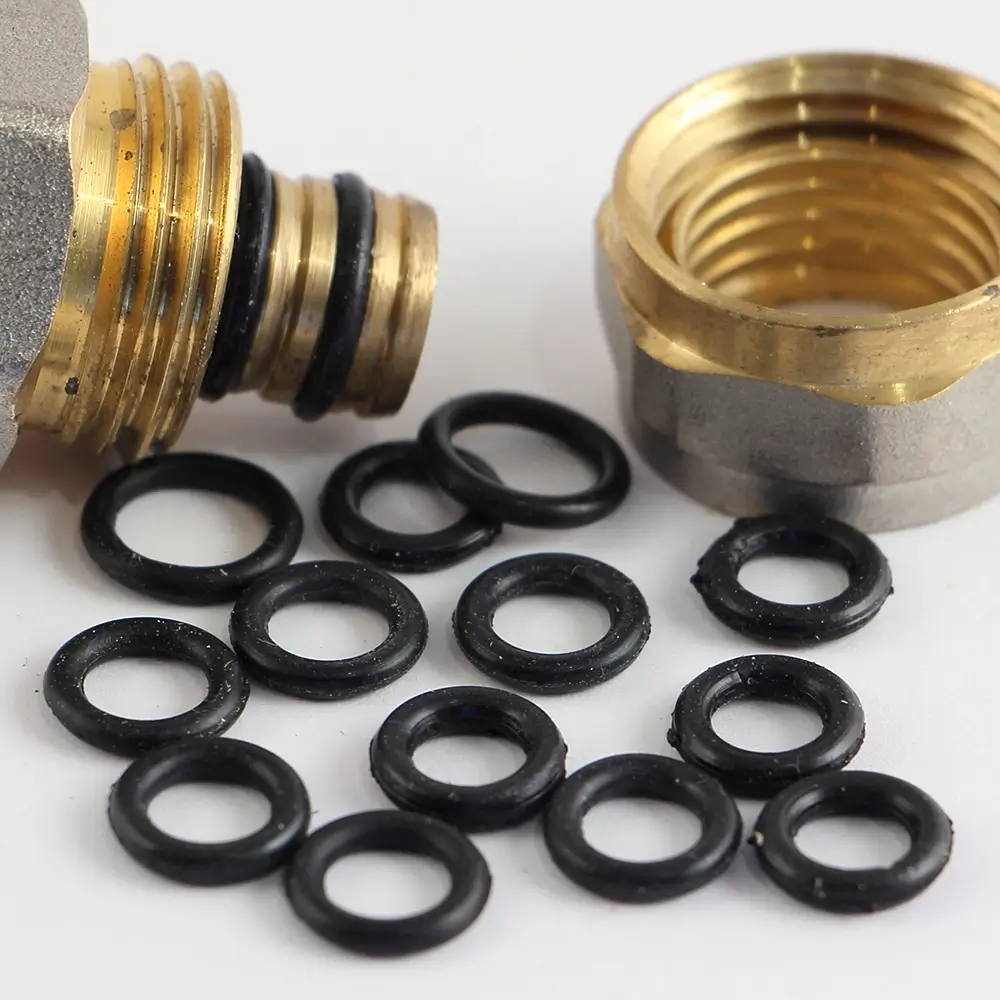Material Guide: Fluoroelastomer
Our Guide To FFKM – FKM – Fluoroelastomer (Viton®)
Fluoroelastomers or Fluorocarbons (FKM), widely known as Viton®, are among the most suitable rubbers for continuous use at temperatures of 200°C and up to 300°C for short periods. Viton® is a registered trademark of The Chemours Company.
Various grades of Fluoroelastomer are available, depending upon which physical properties such as compression set, flexibility (as in diaphragms) or chemical resistance are required. Both copolymers & terpolymers are widely used.
What Are The Advantages Of Fluoroelastomer?
FKM has excellent resistance to ozone and weathering, oils and most chemicals. They can operate under a wide temperature range and are inherently more resistant to burning than other non-fluorinated hydrocarbons. Their good mechanical properties, improving sealing performance, and good compression set makes FKM a popular choice. It is also suitable for operation within environments that require parts to be resistant to explosive decompression.

What Are The Disadvantages Of FKM Rubber?
One of the main disadvantages of FKM is the fact that it displays limited flexibility when required to operate at temperatures in the region of -10°C. Special low-temperature grades are available. However, FKM does tend to be expensive and unsuitable for use in the presence of phosphate esters and ketones.
What Are The Typical Applications Of FKM?
Some of the typical applications where FKM is suitable for use to include:
- Accumulator Bladders
- Diaphragms
- Gaskets
- O-rings
- Seals Operating in Especially Harsh Environments.
What Temperatures Can FKM Operate Under?
The typical working temperature range for FKM ranges from – 20°C to +230°C.
Looking for more detailed information on the different types of rubbers and polymers we work with? Then check out our material guides where you can find FAQ’s and more guides like this one detailing all you need to know. If you are looking for rubber or polymer products get in touch with DLR Elastomer today via our contact page or via LinkedIn and we can chat over your requirements.
Any questions? Get in touch
Since 1895 DLR has been combining expansive knowledge of materials, their properties, and processing techniques to develop bespoke mouldings and fabrications for many industry sectors. Our core services include moulding rubber, rubber sheeting, Petroseals, and cast polyurethane products. If you have any questions about our products, our process or the materials we use get in touch today!


